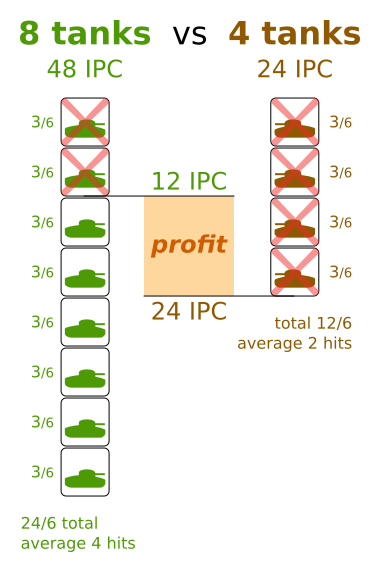

It’s often best for UK to transport as many ground units from London to Europe as possible per turn.

Current and future income levels and industrial complex capacity and location are also a part of strategic level thinking. THINKING ABOUT THE SITUATION AT HANDĪlthough strategy is about preparing for situations that do not yet exist, future possibilities develop from the current situation, so the current situation must be considered. Finishing the game at that point is a simple tactical exercise. Near the end of the game, if one side has built a clear advantage over another, that advantage is usually a result of a combination of luck and/or strategic planning.

In the case of the UK/US fleet, most of the UK and US fleet do not yet even exist when Germany first starts to produce air units. So Germany has to prepare not only for what Russia can currently hit Karelia with, but for what Russia can hit Karelia with after a turn of Russian movement and Russian unit production. By the time Germany can hit Karelia in force with new German tanks, Russia will have had a turn. In both cases, Germany has to prepare for situations that do not yet exist. If UK and US stay out of range, they will not be able to use transports to move ground units to help in Europe. When the Germans have a large air force, UK and US may be deterred from bringing any naval units into range. One way for Germany to attempt this early is to purchase and place tanks in Berlin, from where they can strike Karelia on Germany’s next turn. When the Germans hold Karelia with enough units to deter any Allied attack, among other benefits to Germany, Russia is denied the income from Karelia, and Germany is able to trade Norway and Archangel. PREPARING FOR SITUATIONS THAT DO NOT YET EXIST This is very different to tactical level thinking that merely makes the best short term use of existing resources. Strategic level thinking is about preparing for situations that do not yet exist, often using resources one does not yet have.

Bunnies then defined tactics as it applies to Axis and Allies Spring 1942, and in this final article of this series, Bunnies goes on to define strategy as it applies to Axis and Allies Spring 1942. In previous articles, Bunnies wrote about how to get the most out of your IPC, some of the dangers in thinking only of the immediate IPC payout of an action, and some of the common mistakes players make when thinking about probable outcomes.


 0 kommentar(er)
0 kommentar(er)
